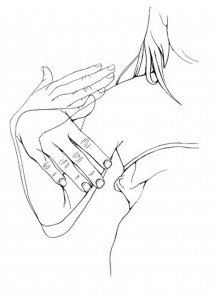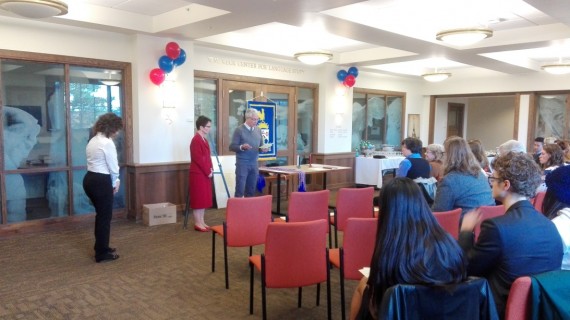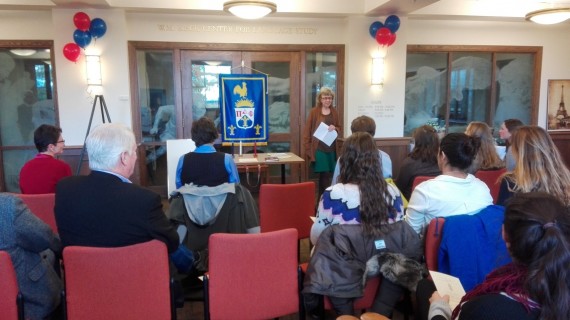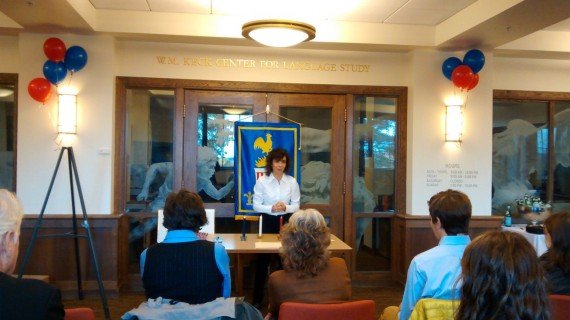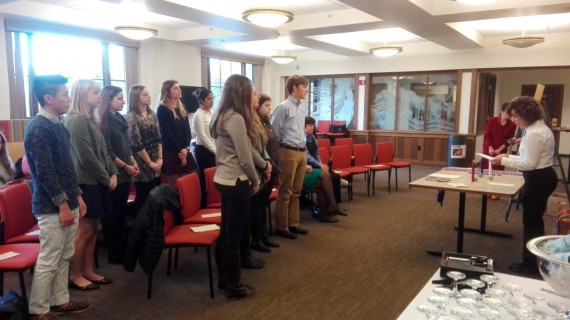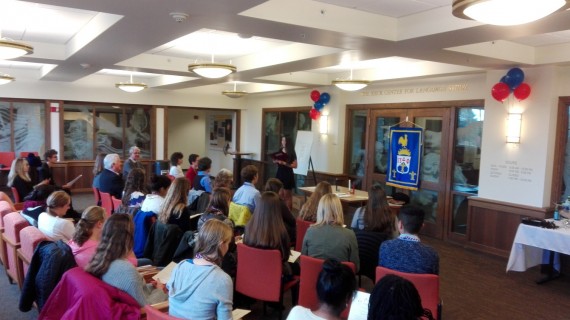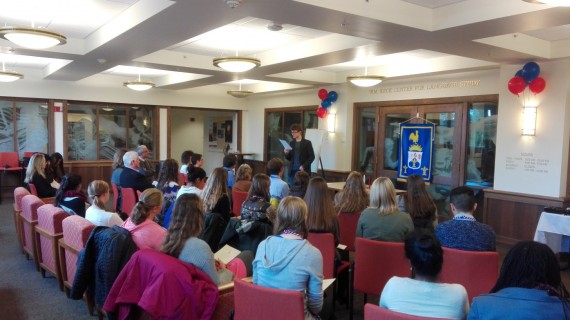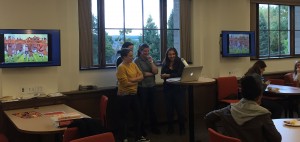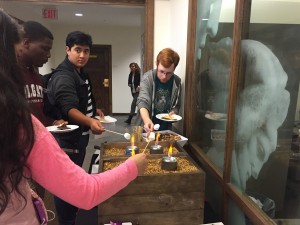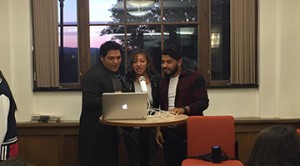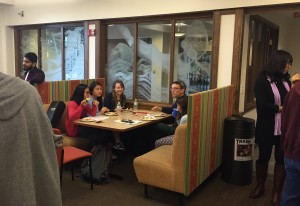Speaking with gestures
In Spanish culture, as in many other Mediterranean cultures, language body is a major language. Very often used for situations with a noisy background in which shouting is not enough, also for sentences that are explained better with movements.
These gestures are not learned at school and they are absolutely liked with the speaking language and almost every Spaniard knows its meanings.
We provide the most common of these gestures here, in case you travel to Spain and see that people answer to your questions with a body language sentence because, the most interesting part of this, is that no words are needed when using gestures.
“Un montón / Mucho”
“A hell of a lot”
Meaning: We use as an answer to a situation in which there were plenty of things/people or to express intensity of a quality. (Was the lunch good? Was the exam difficult?)
How to do it: Shake your whole hand loosely from the wrist.
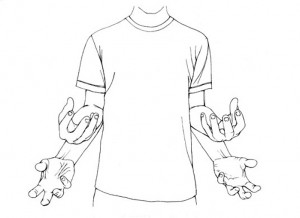
“Qué huevon/huevona”
“He/she’s so sluggish and lazy”
Meaning: To refer to someone as a piece of work in a lazy way or when something is taking this person a very long time. Like when you want someone to leave home for a dinner (because you are in a hurry) but he/she is doing things really slowly and you are starting to lose you patiente.
How to do it: the hands are lowered below the waist, slightly clenched and moved up and down as if to indicate a great burden.

“Se ha quedado así”
“He/she has ended up like this”
Meaning: To say that someone has gotten extremely thin. (As thing as a pinky)
How to do it: the little finger is held up alone.

“Te lo juro”
“I swear”
Meaning: You make a promise after saying something.
How to do it: thumb inside a clenched fist, the hand is raised to the mouth and the thumb kissed before throwing the hand forward and flicking the thumb up.
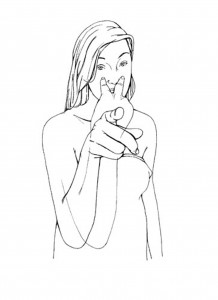
“Te vigilo”
“I’m watching you”
Meaning: It’s not literal but more a kind of a threat, usually said to kids when you don’t want them to move from a spot.
How to do it: the index and middle fingers are first pointed at the eyes, then the index finger pointed at the person being addressed.

“Te voy a dar”
“I’m going to get/smack you”
Meaning: Often use when kids are not behaving very good, after making eye contact with the kid, so then you are serious about it.
How to do it: the hand is held in front of the body, palm up and pointing forward, and makes a few sharp movements from right to left.
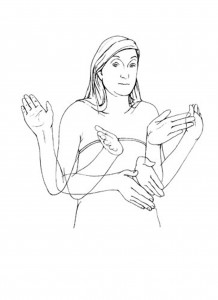
“Yo me lavo las manos”
“I wash my hands (of this) ”
Meaning: When we want to express that we have nothing to do with what is being said in the conversation.
How to do it: the hands are briskly rubbed together and then held in front of the body as if to show they are clean.
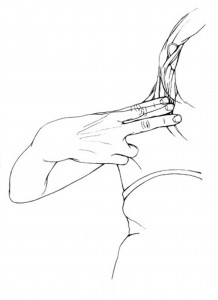
“Corta”
“Cut”
Meaning: Get off the phone or stop wittering.
How to do it: the index and middle fingers imitate the movement of a pair of scissors.
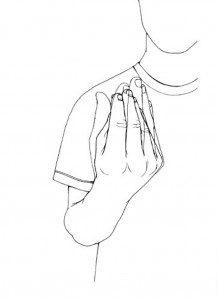
“Está lleno”
“It’s full”
Meaning: When we want to express that a place is full of people or it’s packed. Only works when talking about people, never for objects.
How to do it: one or both hands are placed in front of the body then rapidly opened and closed.

“Estoy a dos velas”
“Down to two candles”
Meaning: Nothing to do with the candles, but, in other words, “I’m totally broke” or “I am no significant other”. Probably, due to the fact that when you are alone you may have a romantic dinner by yourself with just two candles.
How to do it: the index and middle fingers are passed downwards in front of the face, starting just below eye level.


